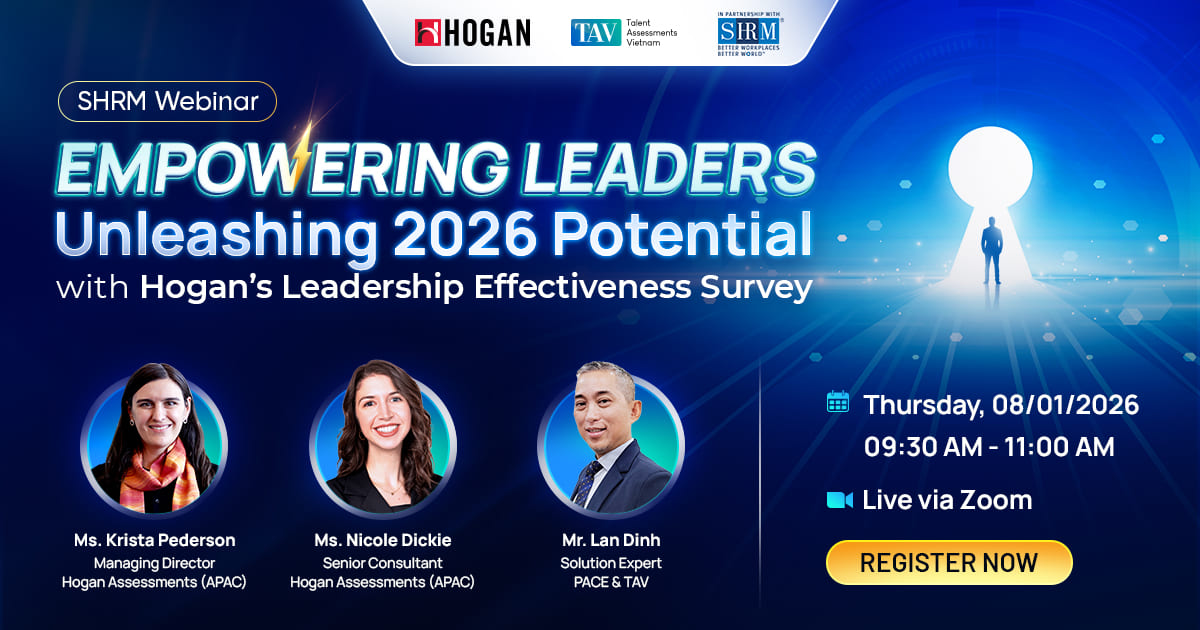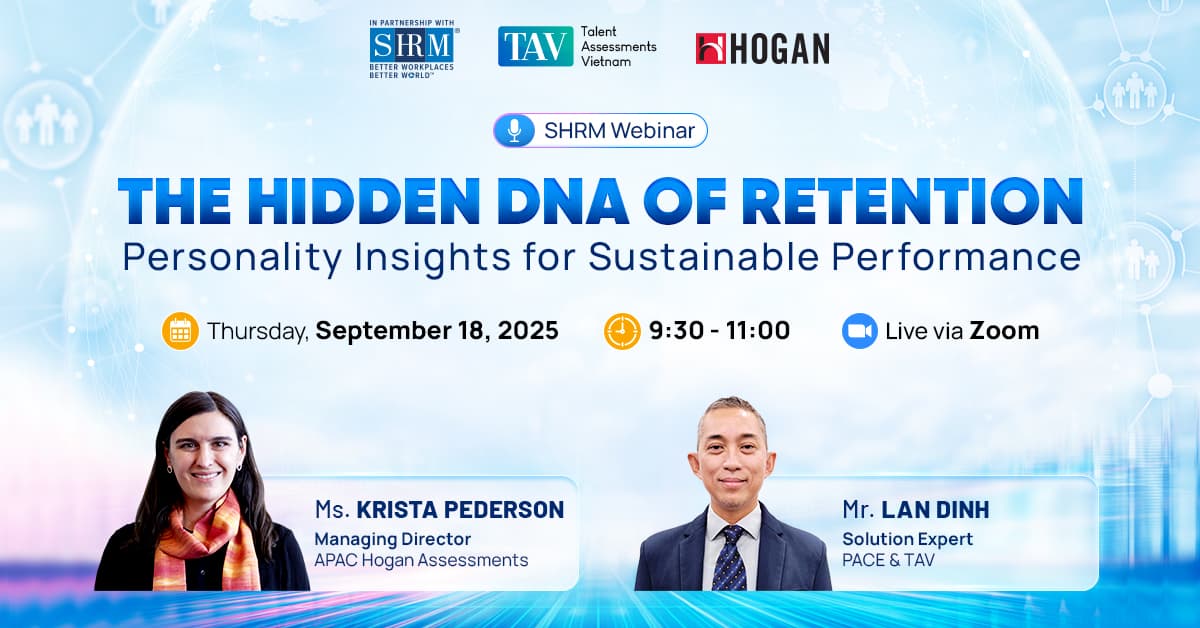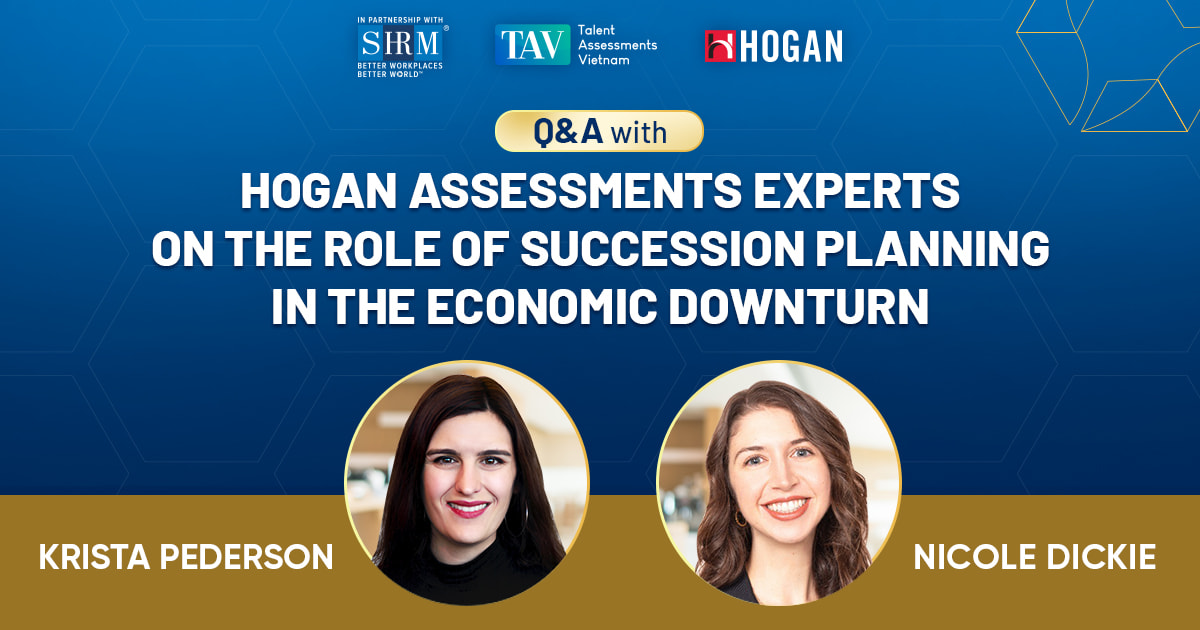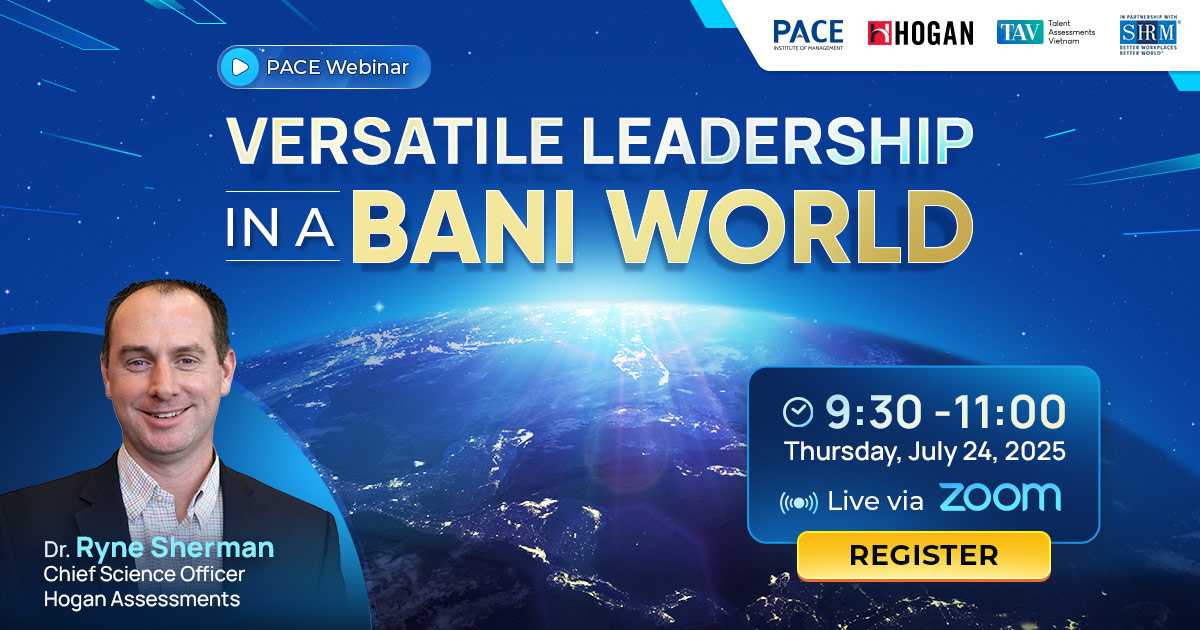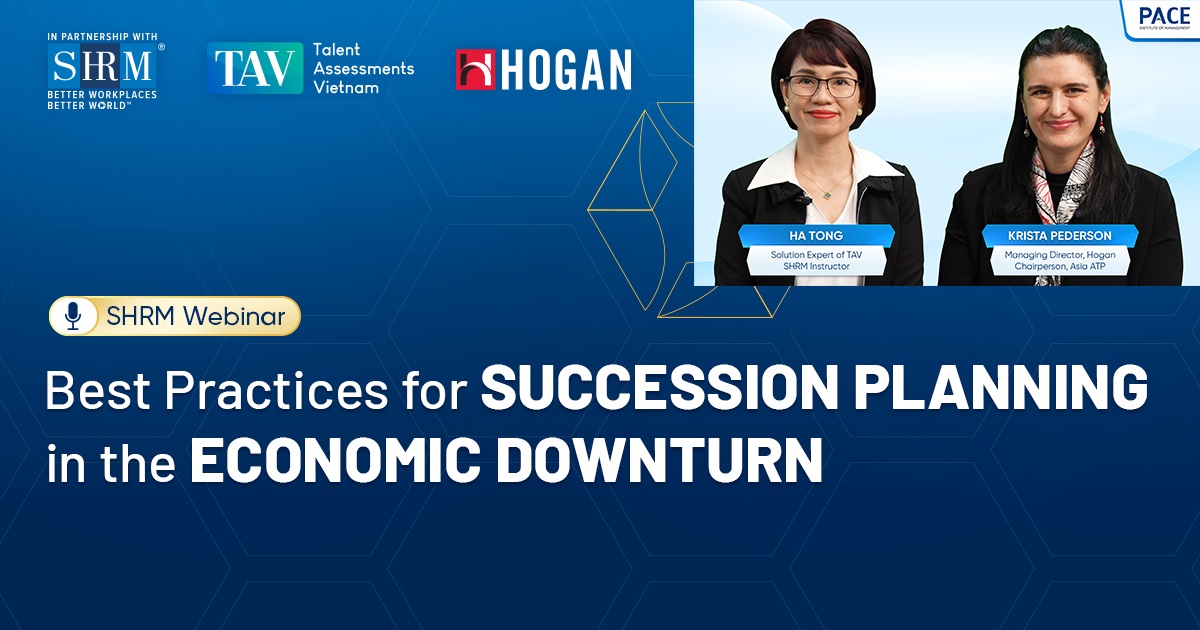DIFFERENT POTENTIALS OF BABY BOOMERS, GEN X, & MILLENNIALS
The workforce is and will be more diverse than before. Nowadays, three generations enter the workforce and are required to work and collaborate with each other in the same workspace: the Baby Boomers, Gen X, and Gen Y or Millennials. It goes without saying that it is crucial for HR leaders to possess the right amount of knowledge regarding different potentials these generations bring, such that they can help create a better company culture and development program. What potential do they bring into the workforce? Read on…

Baby boomers (1946 – 1964)
The oldest generation in the workforce of all, baby boomers! While some baby boomers are already retired or soon-to-be ones, however, a study published by Kelly Service showed that baby boomers preferred to stay in their current job. They don’t want to quit yet, especially those who work in a high salaried job. At the same time, baby boomers are very loyal to a business. Their experience and knowledge are what business needs today. 80 percent of baby boomers are four times more likely to return to work because they have to, as written in Kelly’s study.
Baby boomers also possess a strong work ethic and are aware that time investment is necessary to achieve success and wealth. They define self-worth by accomplishing work and professional goals. In addition, their choices and decisions are one of their great optimistic attitudes. Their most appropriate motto is “everything is possible”.
Of all age groups, baby boomers have the most entrepreneurial mindset. 35 percent of baby boomers, Kelly reported, receive income from independent or freelance work. They are also most likely to have their own business or be self-employed once leaving the workforce.
Generation X (1965 – 1981)
While baby boomers are the oldest in the workforce and are the most experienced individuals, there is an important distinction about how Generation X is taking the reins. Global Leadership Forecast 2018 showed that Gen X are ascending into new leadership roles and are the greatest impact on the nature of work.
According to the forecast, Gen X will be the greatest leader of all as they are very confident in their leadership skills. They can demonstrate technology critically into leadership skills that makes them highly effective to be a virtual team leader. The best of all generations to be a virtual leader who can form, guide, motivate, and disperse remote team.
Gen X, not to mention, have a highly effective empathy skill, the ability to understand and share other people’s feelings, giving them an edge in overcoming the challenges that advanced technologies pose to employees or consumers. Thusly, as being the most empathetic generation in the workforce, Gen X can be a bridge between the older generation and younger counterparts.
Last but not least, despite the slow promotion rate Gen X receives, they remain loyal to their company. They are also a good team and are able to demonstrate effective collaboration, shaping the future of work and generating faster innovation.
Millennials (1980 – 2000)
Many predict that Millennials will change the way we work today. PwC study showed that millennials career aspirations, attitudes about work, and knowledge of new technologies will define the culture of the 21st-century workplace. In the U.S. alone, millennials already form 25 percent of the new workforce and account for over half of the population in India. By 2020, they will form 50 percent of the global workforce.
One of the defining characteristics of millennials is their affinity with the digital world. Thus, they are the first generation to enter the workforce with a better grasp of a key business tool than their senior workers.
This generation, however, is a generation who emphasises their personal needs more than those of the organisations. They are also ambitious learners and want to move quickly upwards through an organisation. Their eagerness for learning, sometimes, lead them to work with more than one employers. They might also refer to be job hoppers, therefore, no surprise that millennials move quickly between jobs as they are always hungry for the next challenge. Lastly, millennials embrace more flexibility and rapid progressions. A varied, interesting, and constant feedback is needed for this generation to grow better. They see balance is everything.
Source: HRINASIA
|
Training Program
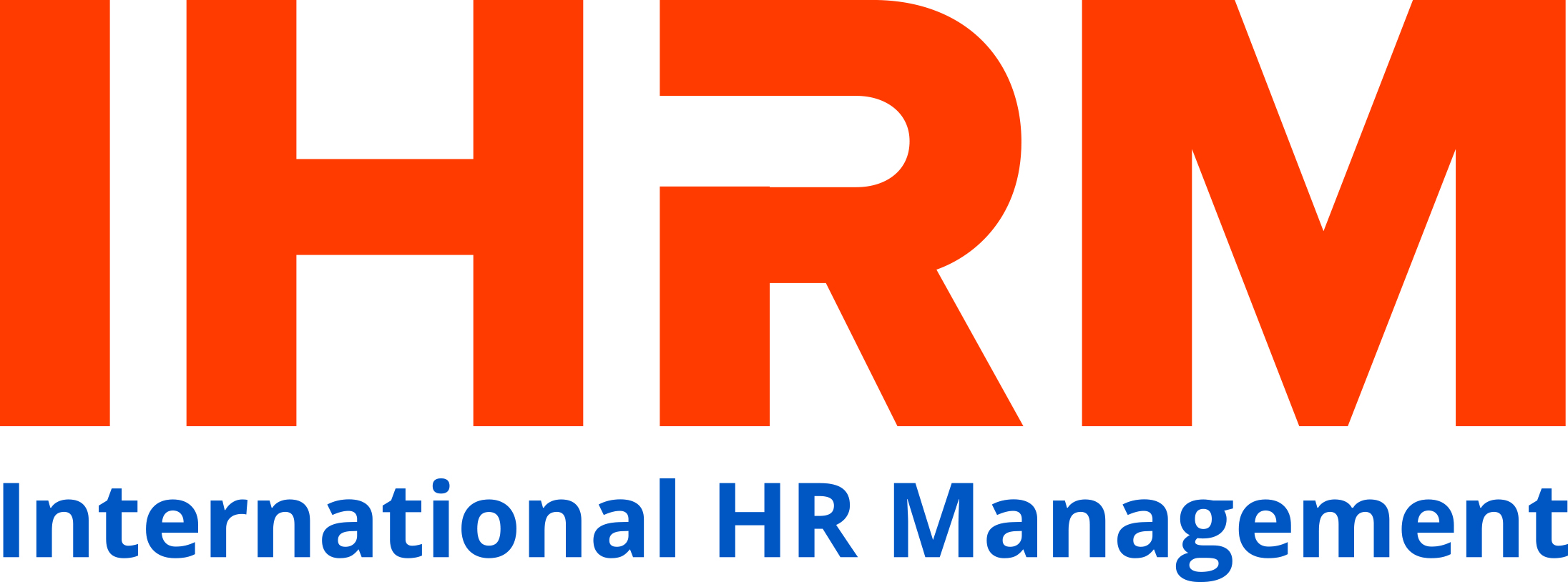 Internationalize the human resource management capabilities of HR professionals in Vietnam
|
